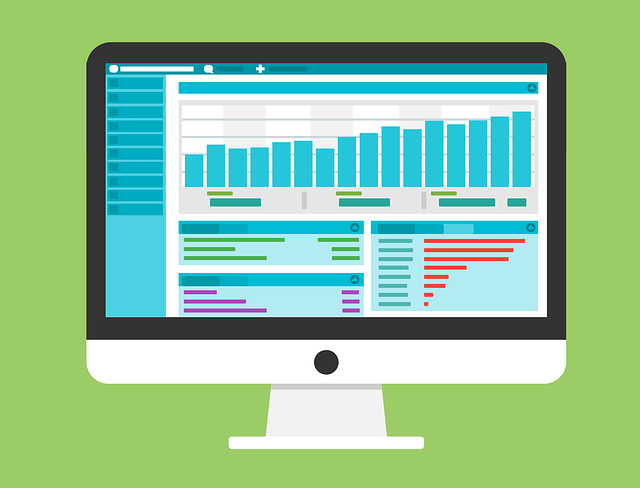Ok. I'm not suggesting that everyone needs to become a fully-credentialed data scientist. But these days, learning core data skills may provide as much value as basic financial literacy or knowledge of a simple coding language.
This isn't just about your career: data has grown far beyond the world of IT professionals. It's getting harder to imagine any significant life events that analytics can't help secure and enhance.
And the good news is that acquiring those basic data skills doesn't have to cost you any money or take much time. There's a lot of sophisticated number crunching going on using plain old spreadsheets, for instance.
But even getting up to speed with the far more versatile world of Python and Jupyter Notebooks can happen faster than you might think.
freeCodeCamp's YouTube channel is host to a quick and dirty course of my own that'll get you started. The rest of the course curriculum that's available (for free) on my website can finish the job.
But why should you bother?
Who needs data analytics?
Operations and business decision making of all kinds depend heavily on understanding data. Professionals in the security, administration, business intelligence, scientific research, insurance, and engineering fields would accomplish precious little without their data insights.
There's a constant torrent of data being automatically generated daily by billions of events executed through millions of devices. Whether the data comes from credit card transactions, environmental sensors installed in cars, or system activity on your laptop, there's no end to the stories it could be telling us.
It's the job of an analyst to capture and manipulate data until it yields useful interpretations. That might mean:
- Identifying and blocking suspicious behavior on distributed IT system infrastructure
- Understanding and fixing performance choke points within complex multi-level business processes
- Discovering drug interactions with biological pathogens
- Detecting patterns and predicting events within financial markets
- Integrating online data with real-world operations (through technologies like augmented reality)
...Or countless other applications, most of which haven't yet been imagined.
How will data fit into your life?
Smart use of publicly-accessible data can help you with important decisions. Searching for the right career? Try crunching government data, like that of the US Bureau of Labor Statistics – something I partially demonstrate here.
Facing some salary negotiation with your boss? You'd be surprised how much helpful geo-specific salary information there is available.
Not sure which way housing availability and prices in your city are likely to move in the next couple of years? You guessed it, there's almost certainly a public data source to answer all your questions.
Sometimes, of course, the data you're after won't exist in exactly the format you need. Rather than give up, you can crowd source the problem.
That, for example, is what's behind my online "Consumer Product Durability" survey. If I'm successful in that particular project, I'll be able to convert the actual experiences of thousands of living, breathing consumers into practical guidance, to help people know when to pay the big bucks for name brands, and when "no-name" is just as good.
The bottom line is that endless streams of data are sitting there, waiting for you to capitalize on them. Whether your goals are personal or professional, if you don't use your data, rest assured, the competition (other people fighting for your job or other organizations fighting for your company's profits) will.
One more thought. You shouldn't think that data analytics is an all or nothing thing: perhaps because – on a basic level – they're so accessible, learning to use some analytics tools can be a powerful addition to your technology portfolio. Think how much more you'll be worth to your employer or business once you can tame their data.

